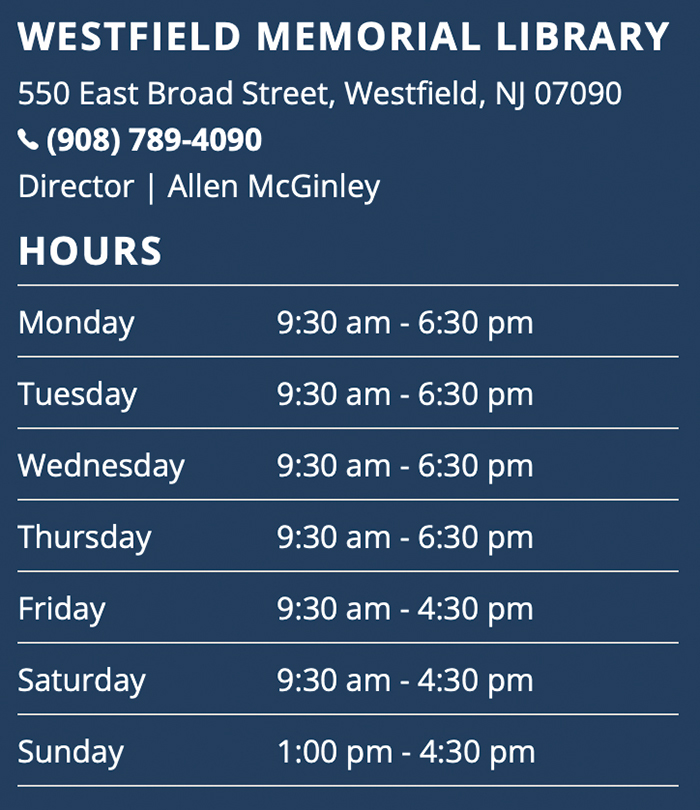
October is National Depression Education and Awareness Month
Depressive disorder, often referred to as depression, is a common mental health disorder that involves a depressed mood or loss of pleasure or interest in activities over long periods of time. According to the World Health Organization, depression affects approximately 280 million people throughout the world.
Depression can wear you out at the exact time you need all your strength to fight. Trying to cope is extremely tiring — and it’s often difficult to know when others are suffering.
 That’s why, during October, we observe National Depression Education & Awareness Month. Acknowledging and becoming aware of depression helps us to learn about the signs, symptoms, and treatment options for depression. It also lets all of us know that seeking help — either from a counselor, a trusted friend, or your community — is a sign of hope and strength.
That’s why, during October, we observe National Depression Education & Awareness Month. Acknowledging and becoming aware of depression helps us to learn about the signs, symptoms, and treatment options for depression. It also lets all of us know that seeking help — either from a counselor, a trusted friend, or your community — is a sign of hope and strength.
The library has partnered with the Westfield Mental Health Council to distribute a recommended reading list during the month of October for those who are suffering – or know someone who is suffering – from depression.
The list includes adult nonfiction and memoir, like A Common Struggle: A Personal Journey Through the Past and Future of Mental Illness and Addiction, by Patrick J. Kennedy; young adult fiction titles for teens like Eliza and Her Monsters, by Francesca Zappia and Darius the Great Is Not Okay, by Adib Khorram; chapter books for kids like Nest, by Esther Ehrlich; and picture books for our youngest readers like When Sadness is at Your Door, by Eva Eland and A Blue Kind of Day, by Rachel Tomlinson.
 Both fiction and nonfiction books can help readers of all ages to understand depression and other mental health disorders. For adults, reading a biography or memoir about someone else who has suffered from depression can be therapeutic and instructive.
Both fiction and nonfiction books can help readers of all ages to understand depression and other mental health disorders. For adults, reading a biography or memoir about someone else who has suffered from depression can be therapeutic and instructive.
Novels about characters who find ways to cope with depression can be particularly helpful for teens or middle grade readers. And picture books offer a good way for children to learn about emotions like sadness and how they might impact the people around them.
To see the complete reading list, scan the QR code or visit wmlnj.org/depression.
If you or someone you know are in crisis, you can call the caring and crisis line at 908-232-2880. This is a service for central and northern New Jersey provided by Caring Contact.
